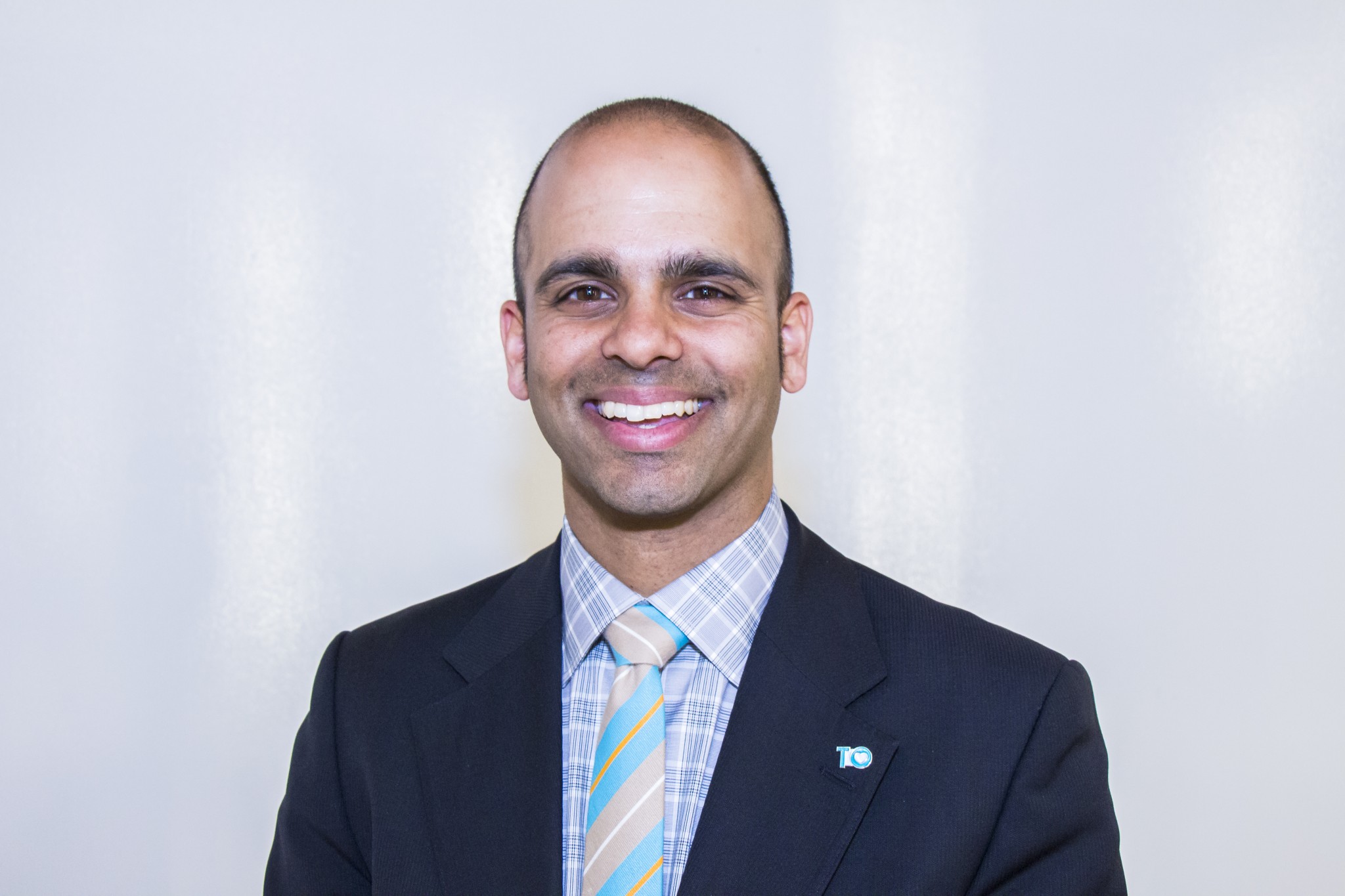- Home
- About Us
- The Team / Contact Us
- Books and Resources
- Privacy Policy
- Nonprofit Employer of Choice Award

 Young people in Toronto are lonelier than ever. According to the 2018 Toronto Social Capital Study, city residents aged 25 to 29 have the lowest sense of trust in their fellow residents and city institutions, the weakest social networks, the lowest civic engagement, and very little neighbourhood support.
Young people in Toronto are lonelier than ever. According to the 2018 Toronto Social Capital Study, city residents aged 25 to 29 have the lowest sense of trust in their fellow residents and city institutions, the weakest social networks, the lowest civic engagement, and very little neighbourhood support.
Contrary to popular belief, it’s not a flaw of their generation - young people are reacting to an increasingly polarized world. While cities are growing, so too is inequity. The Greater Toronto Area (GTA), for example, is projected to see a 41 percent population increase by 2041. Meanwhile, the number of residents living on low incomes has grown to 20 percent of the population, which is more than 25 percent higher than the rest of Canada.
Given these unprecedented challenges, young Torontonians are driven by building meaningful relationships and effecting social change from the ground up. Young, would-be philanthropists are no different. They approach charitable giving in an entirely different way from their predecessors.
As Toronto Foundation’s director of philanthropy, I am witnessing this ‘new philanthropy’ first-hand. In January 2018, we embarked on a two-year journey with a group of Millennials and Gen Xers to learn about the city’s most pressing issues, understand responsible grant-making, and connect with community leaders making a difference. At the end of the program, called Vision 2020, these new philanthropists will have their own permanent endowments and a baseline of knowledge to help them become social change agents over the course of their lives.
From the onset, we knew we had to radically adapt our traditional model of philanthropy. First, we lowered the barrier to entry – participants were required to contribute $10,000 to establish their endowments, less than half of the standard minimum amount.
Next, we curated a series of participatory workshops that focus on community-building and collaboration. At events like “All The Feels” and “Toronto For Everyone,” participants learn about equity, privilege, urban resilience, and the grassroots work being done to solve the city’s tough issues. Their teachers are neighbourhood residents, community leaders, and government and industry experts.
Finally, we provided participants with ongoing feedback opportunities and continuously adapted the program based on what we were hearing. This helped us create a truly valuable experience for participants, grounded in a model of co-creation.
The results speak for themselves. We surpassed our original goal of 50 new funds after just a few months of promotion. Now, 115 people between the ages of 23 and 50 are taking part, including lawyers, teachers, filmmakers, finance specialists, tech entrepreneurs, civil servants, nonprofit professionals and more. My wife and I were so inspired by the opportunities we saw in Vision 2020, that we signed up too. Even the media has been taking note. And the waiting list for the next cohort grows longer by the day.
But the most meaningful measure of success comes from participants’ feedback. “Young people want to understand the root causes of inequity,” says Serena Hak, Chair of the Canadian Association of Gift Planners’ GTA Chapter. “Through Vision 2020, I’m learning about the city’s biggest challenges and opportunities. I’m learning to give in a purposeful way, which will lead to a more resilient Toronto.”
Sources
2018 Toronto Social Capital Study
The number of GTA residents living on low incomes has grown to 20 percent of the population
Media coverage on Vision 2020
As Toronto Foundation’s director of philanthropy, Aneil Gokhale helps people and organizations be more strategic with their philanthropy, and speaks at events across the country about engaging young people in charitable giving. To learn more, visit www.torontofoundation.ca. Connect with Aneil on Twitter @a_goks and with Toronto Foundation @torontofdn.